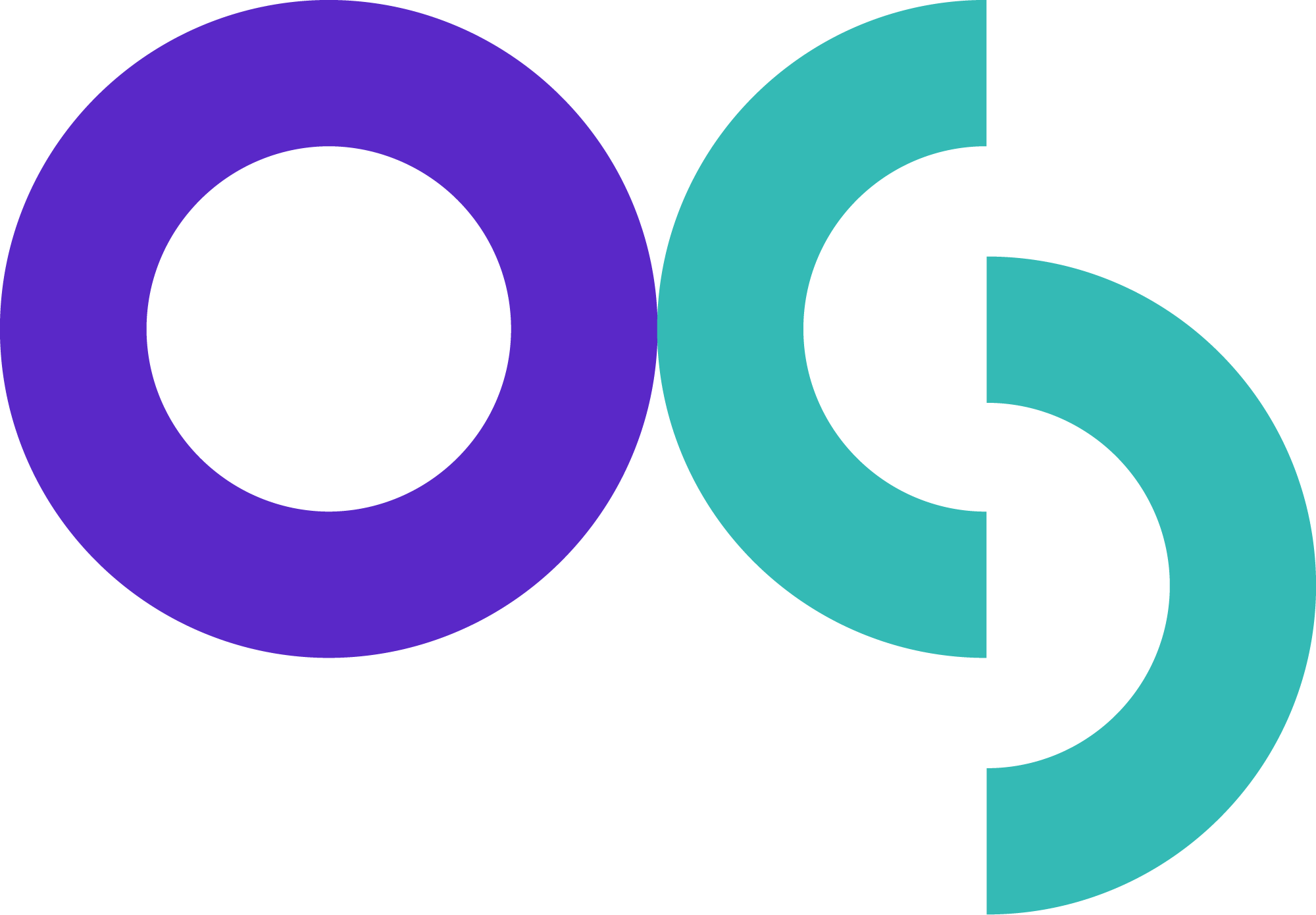Our propositions for Open Research Europe
The French National Open Science Coordinator has addressed a letter to Michael Arentoft, head of Open Science and Research Infrastructures unit to support the Open Research Europe (ORE) initiative, welcome the recent independent report entitled Operationalising Open Research Europe as a collective publishing enterprise, and add propositions as a follow up in the view of the recent Council Conclusions. The proposals brought forth by this letter concern the business models that are studied in the report, proposals for the wider opening that is suggests, and evolutions in ORE editorial and even branding policies.
The first proposal focuses on the report basis assumption of a fixed 2,000€ cost per published paper. It suggests that this restrictive assumption stems implicitly from the article processing charges model, a model which needs to be surpassed to allow different ideas to arise, which could consider publishing costs as a whole. This could be inspired, for instance, by the various initiatives called “diamond”, and particularly by the cooming soon report on Diamond publishing funding by Quentin Dufour, David Pontille and Didier Torny. Indeed, the 2,000€ per unit cost is far from being a consensus, and is likely to decrease when the publishing volume increases. It is thus suggested that the report generally overestimates the costs generated by ORE.
Following this suggestion, the second proposal is a worldwide nonrestrictive opening of ORE as a full open access diamond editor. The main risk in doing this is not being able to cope with the costs that would be linked to a too swift success. Considering the first cost related proposal, the risk is evaluated low, and, in case of its happening, a swift success of ORE would be a very good news that would probably help it to easily attract new funding. Furthermore, the worldwide openness of ORE would allow lining it with the recent European Council Conclusions that state that open access with no cost for the individual author should be the norm. Among many other benefits is the mitigation of the inequalities between researchers between disciplines and countries.
The final proposal is a revamping of ORE editorial policy and identity, in order to get closer to the scientific communities by matching better their habits and needs. This could be done, for instance, by identifying ORE as a diamond open access publisher with identified journals that could have their own editorial policies, and even branding, within a common ORE framework. This would allow a better matching to discipline specific needs and a better implication of the scientific communities : a suggested track is ORE becoming Peer Community In friendly. Following the same idea, and in line with the French policy that supports bibliodiversity, the letter finally stresses that ORE should not be viewed as the one and only European diamond publishing solution, but rather as an important member of a vivid academic publishing ecosystem.






